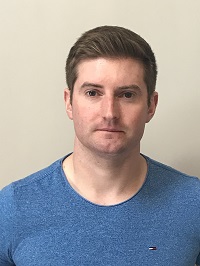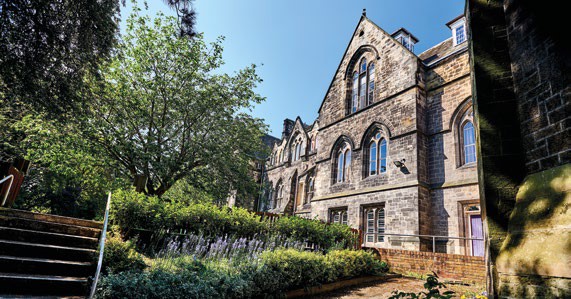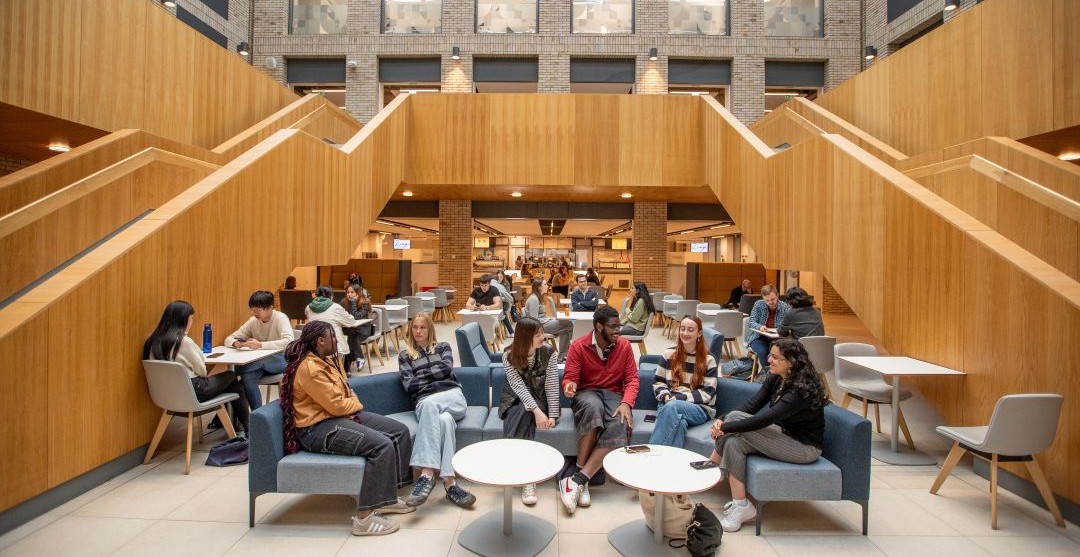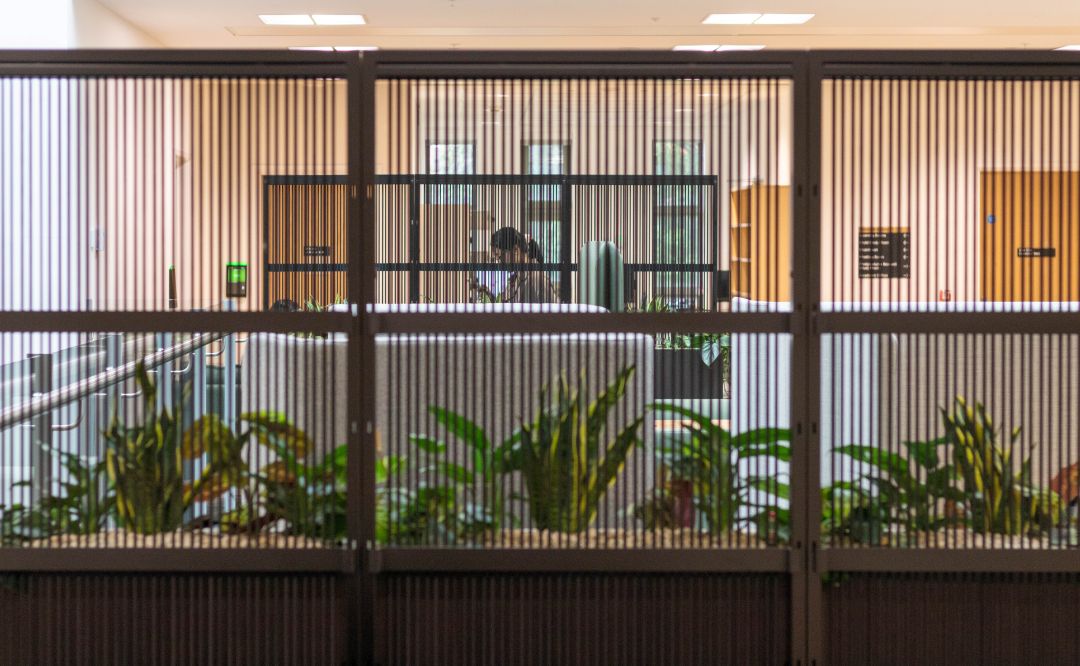At Durham, students are encouraged to conduct meaningful research with real-world implications. This blog post provides an overview of my ESRC-funded PhD thesis and explains how its outputs could help to create a fairer and more effective state education system. It also describes the support that I received from the university and how this prepared me for a career in higher education.
Introduction
Progress 8 is the Department for Education’s headline indicator of secondary school performance. It measures the progress that students make from the beginning of Key Stage 3 (age 11-12) to the end of Key Stage 4 (age 15-16), and compares this to the progress that is made by similar pupils in other schools (those with the same prior attainment). If a school’s students make more progress than their peers, the school is deemed to be effective. If they make less progress, the school is considered ineffective. My research investigated whether this interpretation of schools’ Progress 8 results is just.
As Progress 8 is used to hold schools to account, the project has implications for the 3.5 million students that currently attend state-funded secondary schools in England, as well as any stakeholders associated with these institutions.
Methodology
To assess the validity of Progress 8, I collected detailed information from a nationally representative sample of 200 schools (questionnaire data on schools’ policies and practices, matched with secondary data on schools’ intake and examination entries). I then performed a series of analyses to assess whether schools’ scores were best explained by factors that were inside or outside of schools’ control. School leaders were also asked to predict their schools’ scores in advance to establish whether the ratings were in-line with an independent measure of school performance.
Results
The results suggest that Progress 8 provides an inaccurate measure of school performance. School leaders’ expert knowledge was unhelpful in explaining schools’ scores, and non-school factors had a high and distorting level of influence. This means that the wrong schools will be funded and that the wrong schools will be held up as examples of best practice.
Of greatest concern was the influence of schools’ intake. The analyses concluded that schools’ performance ratings are heavily biased by the characteristics of their students. Schools’ that teach a high percentage of disadvantaged students, for example, consistently receive lower ratings than those that teach advantaged students. This is incredibly unfair as students’ socio-economic status is outside of their schools’ control. Schools’ should not, therefore, be held to account for these students having less out-of-school support.
Policy implications
These shortfalls have the capacity to undermine the national accountability system and any effect it has on students learning. Especially if the injustice encourages talented teachers to leave the profession or to relocate to advantaged areas, where their efforts and skillset are more likely to be recognised.
If Progress 8 were replaced with a measure that controlled for this type of extraneous influence, it would enhance the quality of education offered to all students, not just for those from disadvantaged backgrounds. After completing my viva I have sought to publicise this conclusion.
Research impact
Outputs from the project have been published on the Campaign for State Education website. I also wrote a 5000 word book chapter summarising the thesis, for my tutors’ edited book ‘Making your doctoral research project ambitious: Developing large-scale studies with real-world impact’ (Siddique and Gorard, 2022), and discussed the implications for northern schools during the 2021 ESRC Festival of Social Science. I plan to expand upon this by writing two peer-reviewed journal articles and have engaged representatives from Schools North East and the National Association of Secondary Moderns to further disseminate the results.
My plans going forward
For the last 6 months, I have worked as a Teaching Assistant within the School of Education at Durham University. I am now seeking opportunities to broaden my research portfolio by applying for an ESRC-funded Postdoctoral Fellowship and Postdoctoral Research Associate posts.
I feel that my time at Durham has been excellent preparation for this. In addition to conducting my first piece of large-scale research, I have received expert tutorage from my PhD mentors (Professors Stephen Gorard, Nadia Siddique and Rob Coe), and visited all state-funded secondary schools within a 50-mile radius of Durham to discuss my project, collaborated with campaign groups and have presented my research to a variety of audiences.
Discover more
We are one of the leading Schools of Education in the UK and ranked in the top 100 in the QS World University Rankings by Subject 2022.
We aim to expand the frontiers of educational knowledge and to inspire our students to become the future architects of an equitable and sustainable world. Our students go on to successful careers in a wide range of different sectors.
Feeling inspired? Visit our School of Education webpages to find out more about studying with us.
Read Mark’s thesis here










